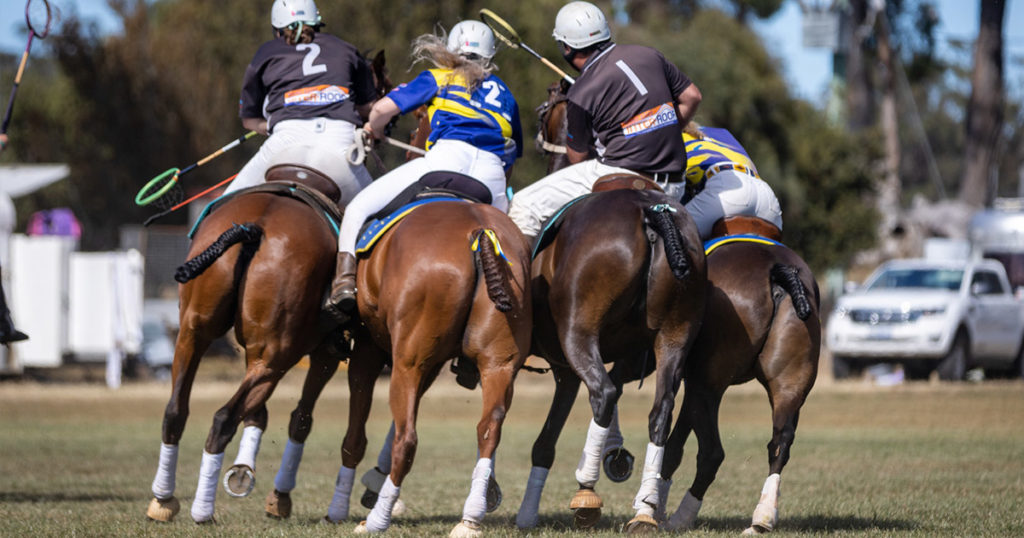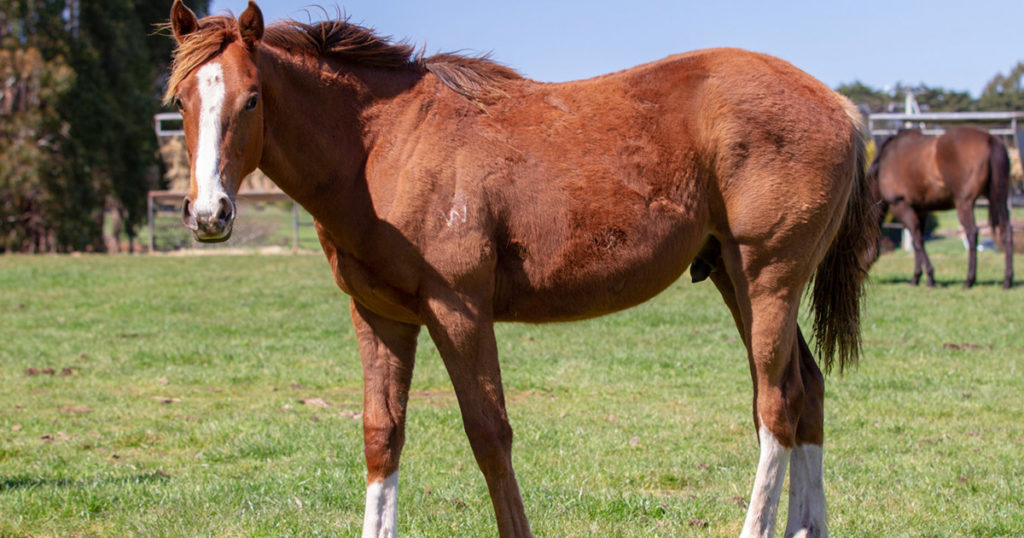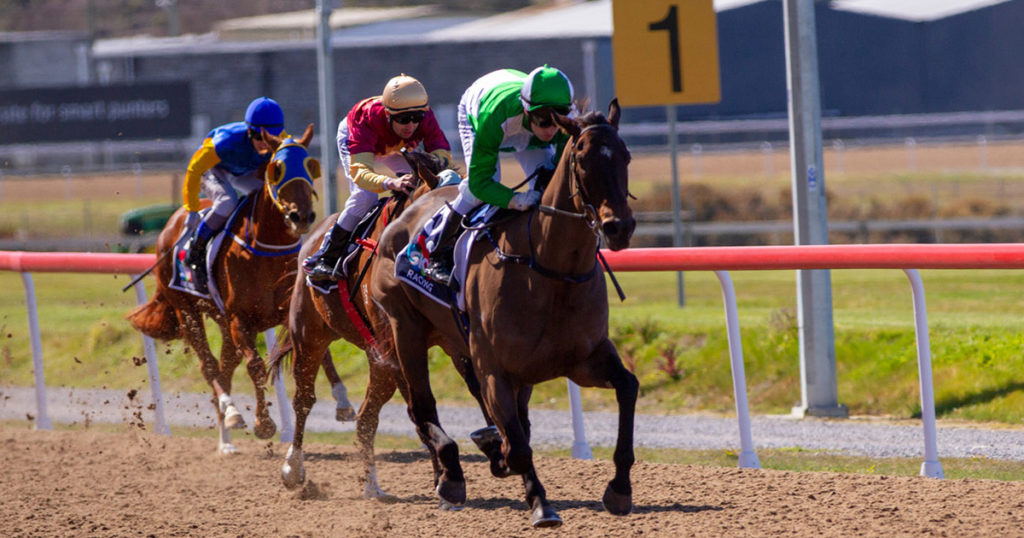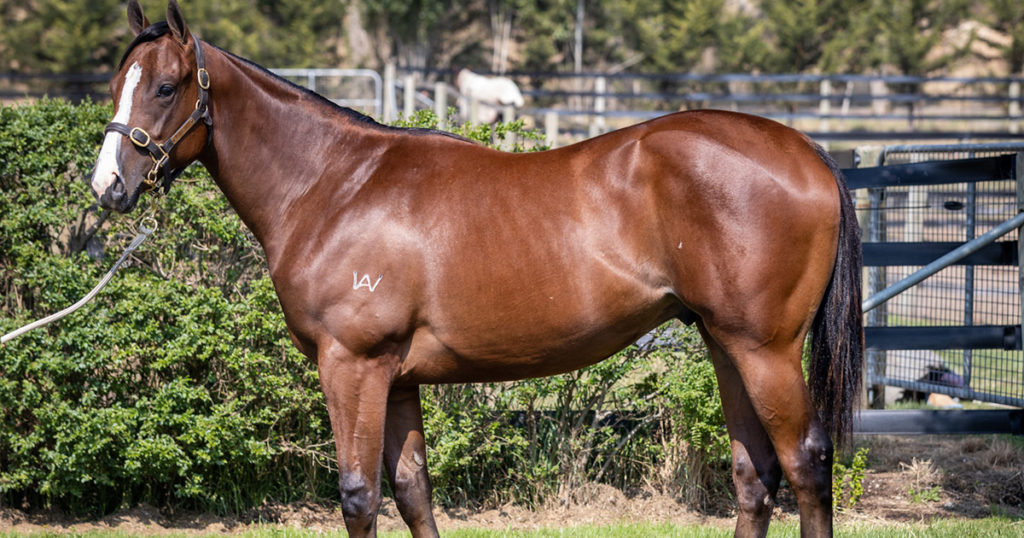Poor behaviour in horses is a complex topic to say the least. Whenever a horse is acting up- many things should be taken into account before blaming the horse for being naughty or difficult. Some of the important factors to consider include learned behaviour; imbalances in neurotransmitters (the chemical messengers that influence mood, behaviour and temperament in our horses), poor gastrointestinal health and pain.
As a prey species that graze open plains: horses evolved to be slow to show discomfort. Being hard-wired not to show pain is a survival mechanism to protect their livelihood. This is especially true in situations where they feel threatened, as this significantly risks their survival.
Almost any physical discomfort in the horse can result in behavioural changes. Commonly these include things such as kicking, stomping, pawing, biting, teeth grinding, head-tossing, or self-mutilation at work or rest. These can be confusing for us as people to experience or observe, as often the horse doesn’t appear to be in discomfort.
So how do you know if the behaviour is because of pain?
Undertaking a thorough physical assessment of the horse, reviewing dietary intake, medication use, management practices and farriery practices are all sound places to start. For the horse who exhibits such behaviours only when riding, saddle and bit fit should also be assessed.
A useful strategy is to video the horse without anyone present (ie set up a camera in the stable/stall, yard or paddock) to see if it’s doing more conspicuous discomfort behaviours.
Poor behaviour rarely occurs without reason. Identifying and addressing the drivers of poor behaviour is important for the welfare of our horses, and the safety and enjoyment around equines.
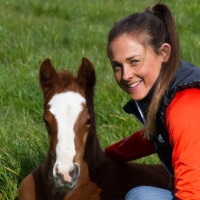
Camilla Whishaw is a highly regarded, experienced horsewoman and naturopath, helping to holistically treat and manage a broad range of equine health conditions and injuries, with a passion for mare and stallion fertility.
As a world-renowned practitioner, presenter, author, and consultant in the field of Equine Naturopathy, Camilla shares her knowledge through keynote presentations, interviews, lectures, panel sessions, and workshop training.

